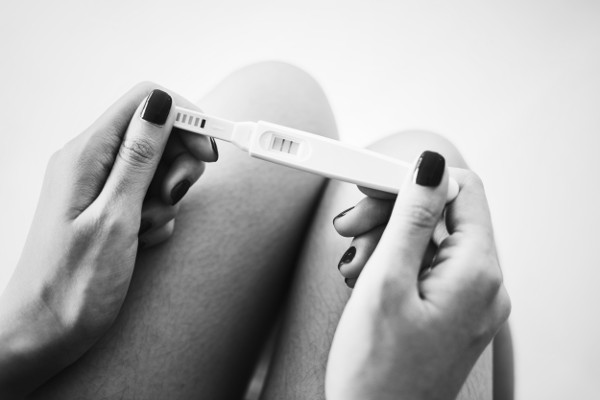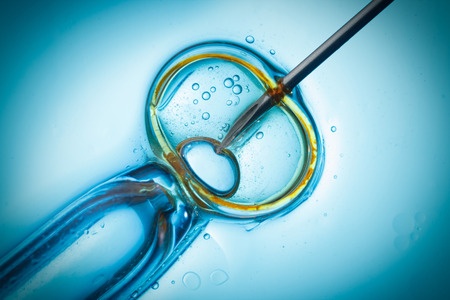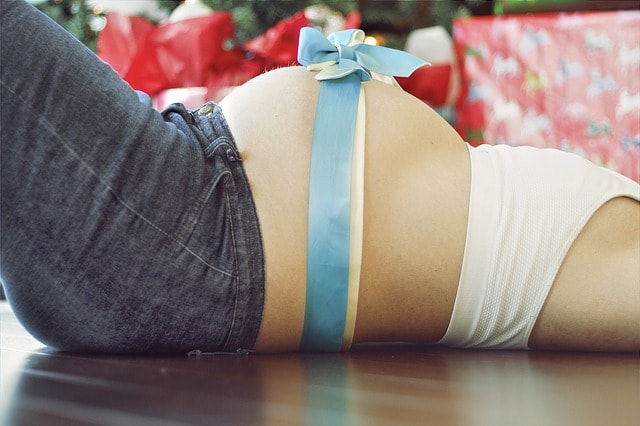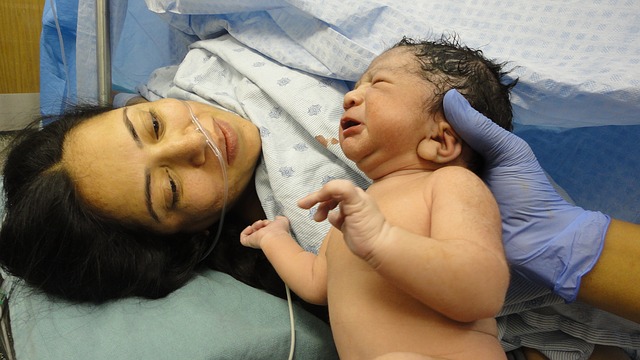Getting Fertility Fit to Celebrate Love
Love is in the air this week and it is the perfect time for couples to take time off their busy schedules and celebrate the season of love. For those trying for a baby this year, there are a few factors to consider that will help improve one’s health and chances of baby-making.
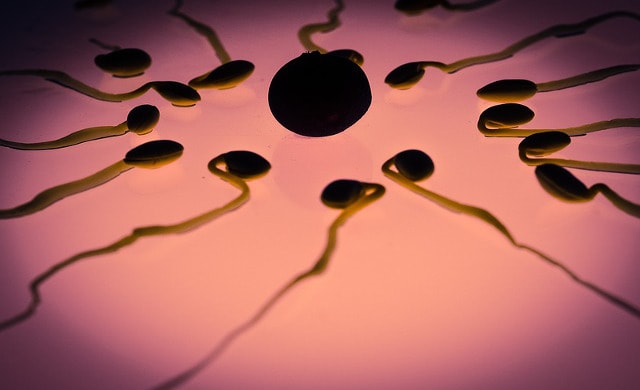
Dr. Paul Tseng, a fertility specialist at Virtus Fertility Centre, said, “Valentine’s Day is a day of romance and a reminder to cherish our loved ones. Couples thinking about going beyond and expanding the family circle, may want to re-examine their lifestyle habits to ensure a successful conception. We will also like to take this opportunity to wish all couples a healthy and happy relationship all year round.”
⇒ Related Read: Top 10 Romantic Ideas To Do This Valentine’s Day
Virtus Fertility Centre, a leading fertility provider, shares tips on getting fit for fertility below:
1) Having a Healthy Weight
Not surprisingly, weight control ranks high on the list. Keeping active and maintaining a healthy weight not only helps prevent sedentary lifestyle diseases, including diabetes and cardiovascular disease, it also improves fertility.
Having a healthy weight is considered one of the contributing factors of a successful pregnancy. An ideal weight for conceiving is a healthy Body Mass Index (BMI) of 18.5 to 22.9¹. Being overweight (BMI over 27.5) or underweight (BMI below 18.4) can cause an imbalance in hormone production in the body, affecting ovulation in women and sperm production in men.
Dr. Paul Tseng, a fertility specialist at Virtus Fertility Centre, said, “For those who are overweight, a mere 5% reduction in weight could improve ovulation and enhance the chances of fertility.“² “On top of maintaining a healthy weight that is optimal for pregnancy, couples should also focus on general health and fitness. A healthy diet is an integral part of achieving an ideal weight, so we strongly encourage couples to undertake moderate and regular exercise“, added Dr. Tseng. “It is important for couples to understand the impact of exercise on fertility, but they should also avoid over-exercising.”
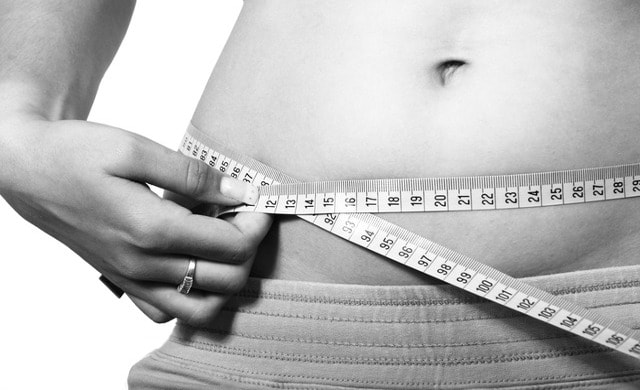
Tips on Achieving the Ideal Weight:
- Approach weight loss with a healthy diet and regular exercise – striving to lose weight by following extreme diets is not sustainable.
- Consider swapping carbohydrates for whole grains. Going for low GI carbohydrates such as whole grains can help reduce insulin, the hormones that control the storage of fats in bodies.
- Take regular protein intakes, such as dairy foods like milk, yogurt or cheese. Protein helps to make new hormones which could help in enhancing fertility. Watch out for saturated fats in takeaway and processed foods like biscuits and snack bars. Keep up with good fats found in avocado and tomato.
2) Avoid Over-exercising
While exercise is key to maintaining a healthy weight, over-doing it can cause more harm than good. Dr. Tseng warns that over-exercising may disrupt regular menstrual cycle and make implantation of embryos more difficult.
“Over-exercising may lead to drastic weight loss. Women who are underweight (below 18.5 BMI) are at risk of irregular ovulation which affects fertility. Exercising should be done in moderate intensity for optimum benefits.“
“Regular gym-goers, who frequent steam rooms, hot yoga rooms and intensive long rides on the bicycles, face the possibility of ‘overheating’ the groin area, which can impact sperm production.
Exercise enthusiasts should also think twice about consuming anabolic steroids as these can also affect sperm count,” Dr. Tseng said.
3) Quit Smoking
Smoking cigarettes not only has adverse effects on health, it can also impair one’s fertility. Smoking affects a woman’s reproductive process, including egg maturation and hormone production. For men, smoking can reduce sperm production and damage DNA. In the longer run, damaged blood vessels caused by smoking may increase the chances for men to develop erectile problems and sexual dysfunction.
4) Moderate Consumption of Alcohol and Caffeine
Excess alcohol consumption could lead to long term effects including reduced libido and subnormal sperm production.

Drinking too much coffee or caffeinated drinks can also affect one’s fertility. Moderate caffeine consumption with no more than two cups of coffee and five cups of tea a day, is a healthy amount. One also needs to be mindful of hidden caffeine in soda drinks and chocolates when maintain.
5) Mental Well-being and Fertility
Having a healthy mind is as important as a healthy body for those trying to conceive. The journey to parenthood can be exciting to some and challenging for many. While the level of stress does not directly affect one’s fertility, studies have shown that higher levels of stress are associated with taking a longer time to conceive.

It is key for couples to maintain regular communications and provide emotional support for each other. Tanja Faessler-Moro, a certified fertility counsellor at Virtus Fertility Centre, advised, “Couples should continue to maintain an active lifestyle and engage in regular bonding activities. Although circumstances cannot be changed in the short term, couples can control how they confront these challenges. Never be shy to seek professional advice from doctors or fertility counsellors, this way, couples can not only be physically, but also mentally fit for fertility.”
Contributed by Virtus Fertility Centre.
¹ “Weight Management”, Health Promotion Board
² “How weight affects fertility”, Pregnancy & Baby
* * * * *
Like what you see here? Get parenting tips and stories straight to your inbox! Join our mailing list here.
Want to be heard 👂 and seen 👀 by over 100,000 parents in Singapore? We can help! Leave your contact here and we’ll be in touch.






































